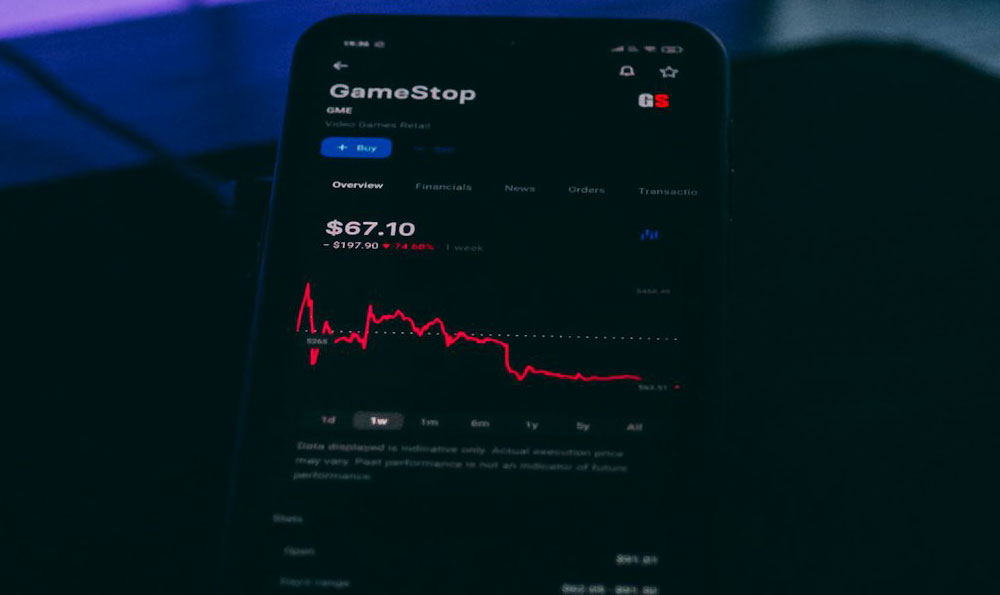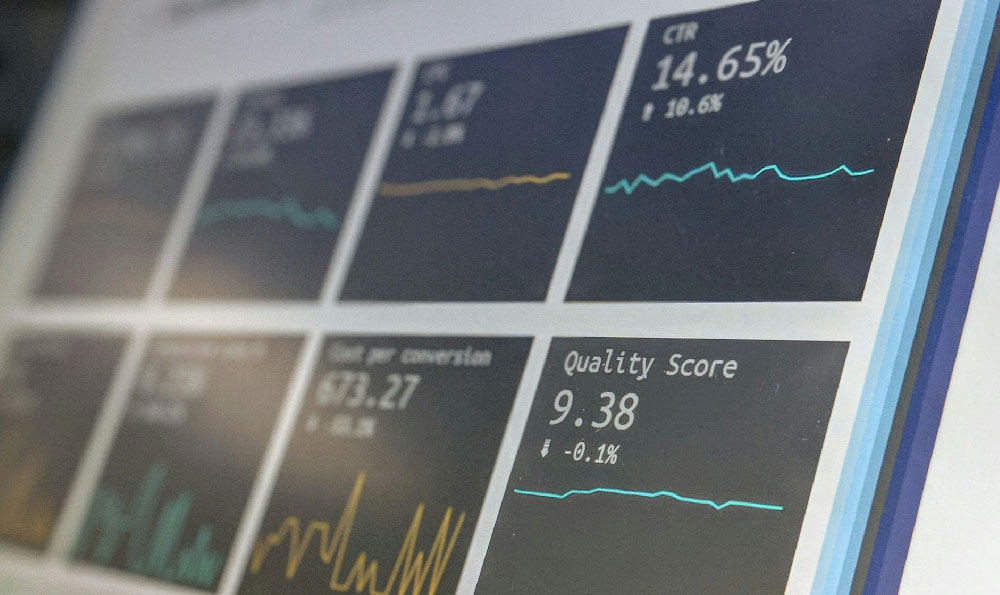Phlebotomy, the practice of drawing blood for medical testing, transfusions, research, or blood donations, is a vital component of modern healthcare. While the role may seem straightforward, it demands precision, empathy, and a strong understanding of anatomy and infection control. For individuals considering a career in phlebotomy, a crucial question arises: what is the salary outlook, and do phlebotomists earn a living wage? Understanding the factors influencing phlebotomist salaries is essential for making informed career decisions.
Several elements contribute to the earning potential of a phlebotomist. Location plays a significant role, as salaries vary considerably depending on the cost of living and demand for healthcare services in different regions. Metropolitan areas and states with higher healthcare expenditures generally offer more competitive wages. For instance, a phlebotomist working in a bustling urban center with numerous hospitals and clinics is likely to earn more than one working in a rural area with limited healthcare infrastructure.
Experience is another key determinant of salary. Entry-level phlebotomists typically start at a lower wage, gradually increasing their earning potential as they gain practical experience and proficiency in their skills. Seasoned phlebotomists with years of experience often command higher salaries, reflecting their expertise and ability to handle complex or challenging blood draws. Employers value experienced phlebotomists for their efficiency, accuracy, and ability to minimize patient discomfort.

Educational attainment and certifications also influence earning potential. While a high school diploma or equivalent is generally the minimum requirement for phlebotomy training programs, additional certifications can enhance job prospects and lead to higher salaries. National phlebotomy certifications, such as those offered by the National Healthcareer Association (NHA) or the American Society for Clinical Pathology (ASCP), demonstrate competency and adherence to industry standards. Employers often prefer certified phlebotomists, recognizing the value of standardized training and demonstrated proficiency. Furthermore, some phlebotomists choose to pursue advanced education in related healthcare fields, such as medical assisting or nursing, which can open up opportunities for career advancement and higher earning potential.
The type of healthcare facility where a phlebotomist works also affects salary. Phlebotomists employed in hospitals or large medical centers tend to earn more than those working in smaller clinics or physician's offices. Hospitals often have higher patient volumes and more complex testing requirements, which translates to a greater demand for skilled phlebotomists. Additionally, hospitals may offer more comprehensive benefits packages, including health insurance, retirement plans, and paid time off, which contribute to overall compensation. Furthermore, specialized areas within a hospital, such as oncology or hematology, may require phlebotomists with specialized skills, leading to higher pay.
The demand for phlebotomists is projected to grow in the coming years, driven by an aging population, increased demand for diagnostic testing, and advancements in medical technology. As the population ages, the need for healthcare services, including blood draws for routine check-ups and diagnostic testing, will continue to rise. Technological advancements in medical testing have also increased the demand for phlebotomists to collect and process blood samples for a wider range of analyses. This growing demand creates favorable job prospects for aspiring phlebotomists and contributes to the stability of the profession.
Beyond the base salary, phlebotomists may also receive additional compensation in the form of overtime pay, shift differentials, and bonuses. Overtime pay is typically offered for hours worked beyond the standard workweek, while shift differentials are paid for working evenings, nights, or weekends. Bonuses may be awarded for meeting performance goals or for taking on additional responsibilities. These additional forms of compensation can significantly boost a phlebotomist's overall earnings.
It is important to consider the emotional and physical demands of the job when evaluating the salary outlook for phlebotomists. Phlebotomists often work in fast-paced environments, interacting with patients who may be anxious, fearful, or in pain. They must be able to maintain composure and provide compassionate care while performing their duties accurately and efficiently. The job can also be physically demanding, requiring prolonged standing, bending, and lifting.
While the salary of a phlebotomist may not be exceptionally high compared to some other healthcare professions, it is a stable and rewarding career choice for individuals who are detail-oriented, empathetic, and possess a strong desire to help others. The opportunity to make a positive impact on patients' lives, combined with the job security and potential for career advancement, makes phlebotomy an attractive option for many. Moreover, the relatively short training period and lower educational requirements compared to other healthcare roles make it an accessible entry point into the medical field.
In conclusion, the salary outlook for phlebotomists is influenced by a variety of factors, including location, experience, education, certifications, and the type of healthcare facility. While entry-level salaries may be modest, earning potential increases with experience and additional qualifications. The growing demand for phlebotomists, coupled with the opportunity to make a meaningful contribution to patient care, makes it a viable and rewarding career choice for those seeking a stable and fulfilling profession in the healthcare industry. Aspiring phlebotomists should research salary expectations in their local area, pursue relevant certifications, and seek opportunities for professional development to maximize their earning potential and career prospects.












